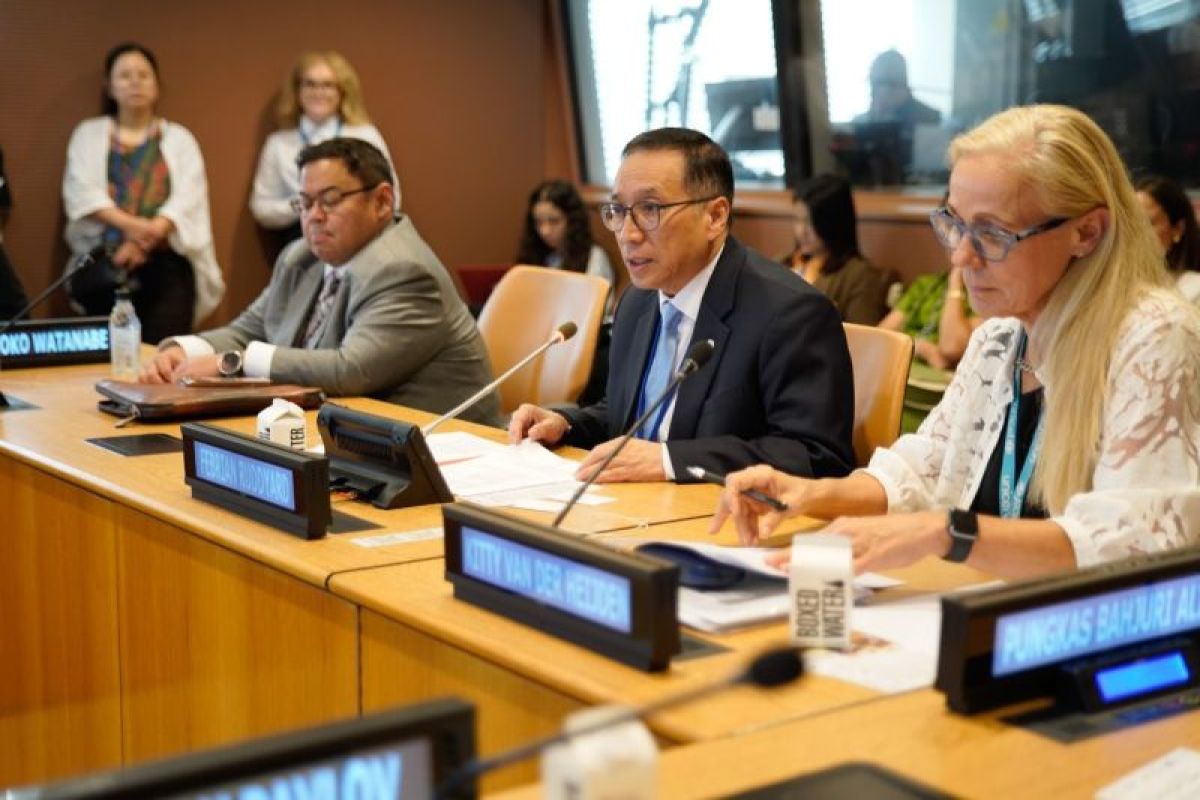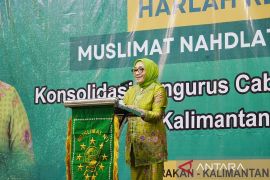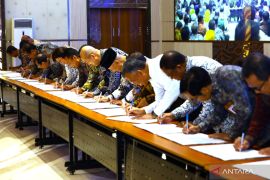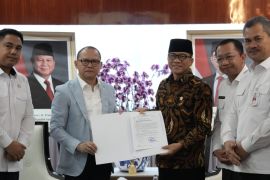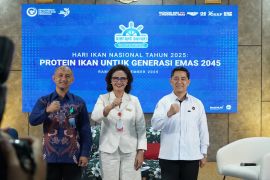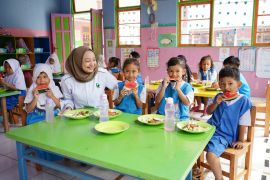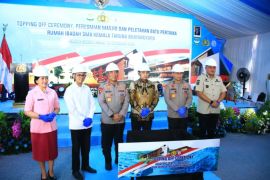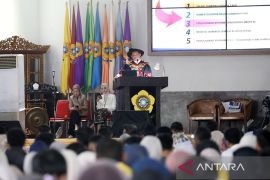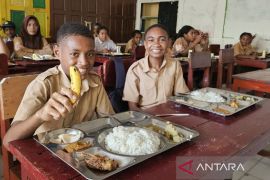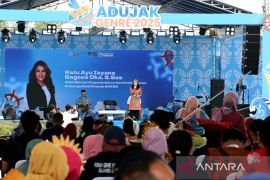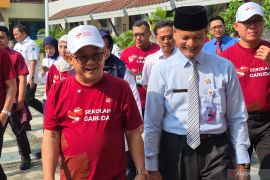The program to provide free nutritious meals for school students, Islamic boarding school students, pregnant and breastfeeding mothers, and toddlers aims to address several issues.
“This program is not just about food, but encompasses the issues of nutrition, health, education, women’s empowerment, food security, and poverty reduction,” Ruddyard, who is also deputy head of the National Development Planning Agency (Bappenas), said, according to an official statement received here on Thursday.
He delivered the remarks during a side event entitled “Feeding the Future: Leveraging Multisectoral Efforts for Productive Human Capital and Engaging Women’s Participation” on the sidelines of the 2025 High-Level Political Forum (HLPF) at United Nations Headquarters in New York, the US.
Launched as part of the government’s commitment to develop superior and competitive human resources, the nutritious meals program was discussed during the side event, held in collaboration with the governments of Qatar, Finland, Bulgaria, and Japan, with support from UNICEF and the Asian Development Bank (ADB).
The activity served as a strategic forum to share best practices, challenges, and cross-sectoral approaches for the success of the meals program as a long-term investment in human development.
“The approach (to the MBG program) is multi-sectoral, and Bappenas plays a key role in policy coordination, budget planning, as well as monitoring and evaluation,” he said.
He emphasized that the success of the MBG program is inseparable from intersectoral collaboration, ranging from health, education, agriculture, food and waste management, community empowerment, to basic infrastructure and data.
“Bappenas, together with the National Nutrition Agency (BGN), and related ministries or institutions, continues to strengthen cross-sector synergy to ensure the program’s sustainability,” he said.
The side event also served as an important momentum leading up to the Second Global Summit of the School Meals Coalition in Fortaleza, Brazil, in September 2025.
Indonesia is expecting the forum to develop concrete strategies and actions to strengthen the implementation of nutritious meal programs, both at the national and global levels.
“We invite all stakeholders to jointly support the success of the nutritious meals program as a national strategy for building a healthy, intelligent, and productive generation to achieve the 2030 Sustainable Development Goals,” he said.
Related news: Free meals must reach targeted recipients: minister
Related news: Indonesia urges regions to speed up free meals program
Translator: M Baqir Idrus Alatas, Martha Herlinawati Simanjunt
Editor: Primayanti
Copyright © ANTARA 2025
